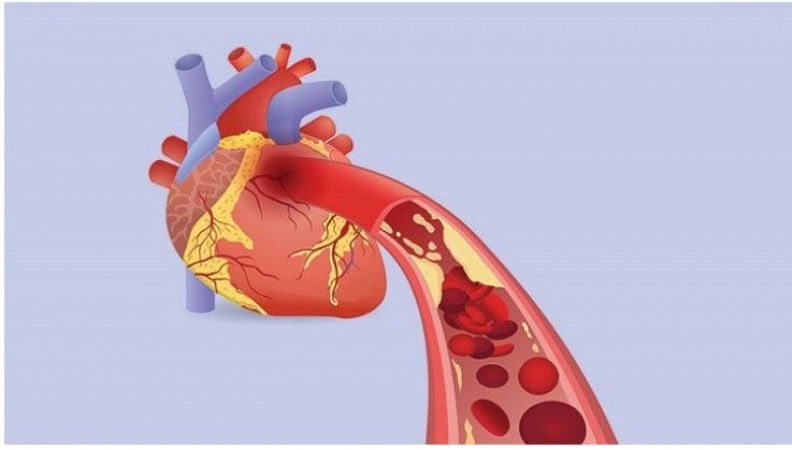
Lifestyle Changes for Heart Attack Prevention: Heart attacks, also known as myocardial infarctions, are a leading cause of death worldwide. The good news is that many heart attacks can be prevented by adopting a healthy lifestyle and making smart choices. In this article, we will explore effective strategies to reduce the risk of heart attacks and promote heart health.
Maintain a Healthy Diet: A nutritious diet plays a crucial role in preventing heart attacks. Focus on consuming a variety of fruits, vegetables, whole grains, lean proteins, and healthy fats. Limit your intake of saturated and trans fats, cholesterol, sodium, and added sugars. Opt for fiber-rich foods that can help lower cholesterol levels. Consider the Mediterranean diet, which emphasizes plant-based foods, fish, and olive oil, as it has been associated with a reduced risk of heart disease.
Engage in Regular Physical Activity: Regular exercise is essential for maintaining a healthy heart. Aim for at least 150 minutes of moderate-intensity aerobic activity or 75 minutes of vigorous-intensity aerobic activity per week. Incorporate activities such as brisk walking, cycling, swimming, or dancing into your routine. Additionally, include strength training exercises at least twice a week to improve cardiovascular fitness.
Maintain a Healthy Weight: Being overweight or obese increases the risk of heart disease and heart attacks. Strive to achieve and maintain a healthy weight by combining a balanced diet with regular physical activity. Calculate your body mass index (BMI) to determine if you are within a healthy range. If necessary, consult a healthcare professional for guidance on weight management.
Don't Smoke or Use Tobacco: Smoking and using tobacco products significantly raise the risk of heart attacks. The chemicals in tobacco damage blood vessels, increase blood pressure, and decrease oxygen supply to the heart. If you smoke, quit as soon as possible. Seek support from friends, family, or professional cessation programs to overcome nicotine addiction.
Limit Alcohol Consumption: Excessive alcohol intake can contribute to high blood pressure and increase the risk of heart attacks. If you choose to drink, do so in moderation. The American Heart Association recommends a maximum of one drink per day for women and up to two drinks per day for men.
Manage Stress: Chronic stress can have detrimental effects on heart health. Find healthy ways to manage stress, such as exercising, practicing relaxation techniques (e.g., deep breathing, meditation, yoga), engaging in hobbies, or seeking social support. Prioritize self-care and make time for activities that bring you joy and relaxation.
Control Blood Pressure and Cholesterol Levels: High blood pressure (hypertension) and elevated cholesterol levels are major risk factors for heart attacks. Monitor your blood pressure regularly and take steps to keep it within a healthy range (usually below 120/80 mmHg). Get your cholesterol levels checked and follow a heart-healthy diet to control cholesterol. If necessary, your doctor may prescribe medication to help manage these conditions.
Get Regular Check-ups: Regular medical check-ups are essential for assessing your heart health. Schedule routine appointments with your healthcare provider to monitor blood pressure, cholesterol levels, and overall cardiovascular health. They can also provide guidance on lifestyle changes and recommend appropriate preventive measures.
Preventing heart attacks requires a holistic approach that encompasses healthy lifestyle choices. By adopting a nutritious diet, engaging in regular physical activity, avoiding tobacco, managing stress, and controlling blood pressure and cholesterol levels, you can significantly reduce your risk of heart attacks. Remember, small changes today can have a significant impact on your heart health and overall well-being in the long run. Prioritize your cardiovascular health and enjoy a life full of vitality.